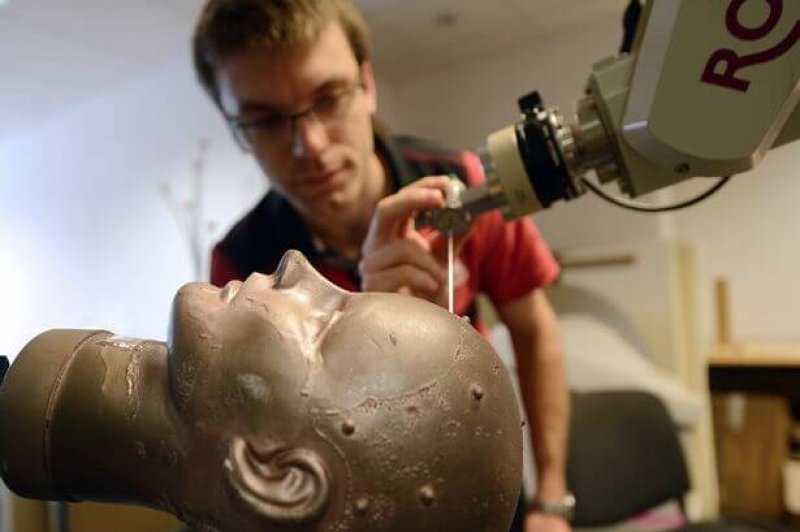People often ask me whether human-level artificial intelligence will eventually become conscious. My response is: Do you want it to be conscious? I think it is largely up to us whether our machines will wake up.
That may sound presumptuous. The mechanisms of consciousness—the reasons we have a vivid and direct experience of the world and of the self—are an unsolved mystery in neuroscience, and some people think they always will be; it seems impossible to explain subjective experience using the objective methods of science…
In many science-fiction stories, machines develop an inner mental life automatically, simply by virtue of their sophistication, but it is likelier that consciousness will have to be expressly designed into them.
…
Whatever risks artificial life forms may pose do not depend on their being conscious. To the contrary, conscious machines could help us manage the impact of AI technology. I would much rather share the world with them than with thoughtless automatons.
…
If we consider introspection and imagination as two of the ingredients of consciousness, perhaps even the main ones, it is inevitable that we eventually conjure up a conscious AI, because those functions are so clearly useful to any machine. We want our machines to explain how and why they do what they do. Building those machines will exercise our own imagination. It will be the ultimate test of the counterfactual power of consciousness.
The GLP aggregated and excerpted this blog/article to reflect the diversity of news, opinion, and analysis. Read full, original post: We Need Conscious Robots
For more background on the Genetic Literacy Project, read GLP on Wikipedia































